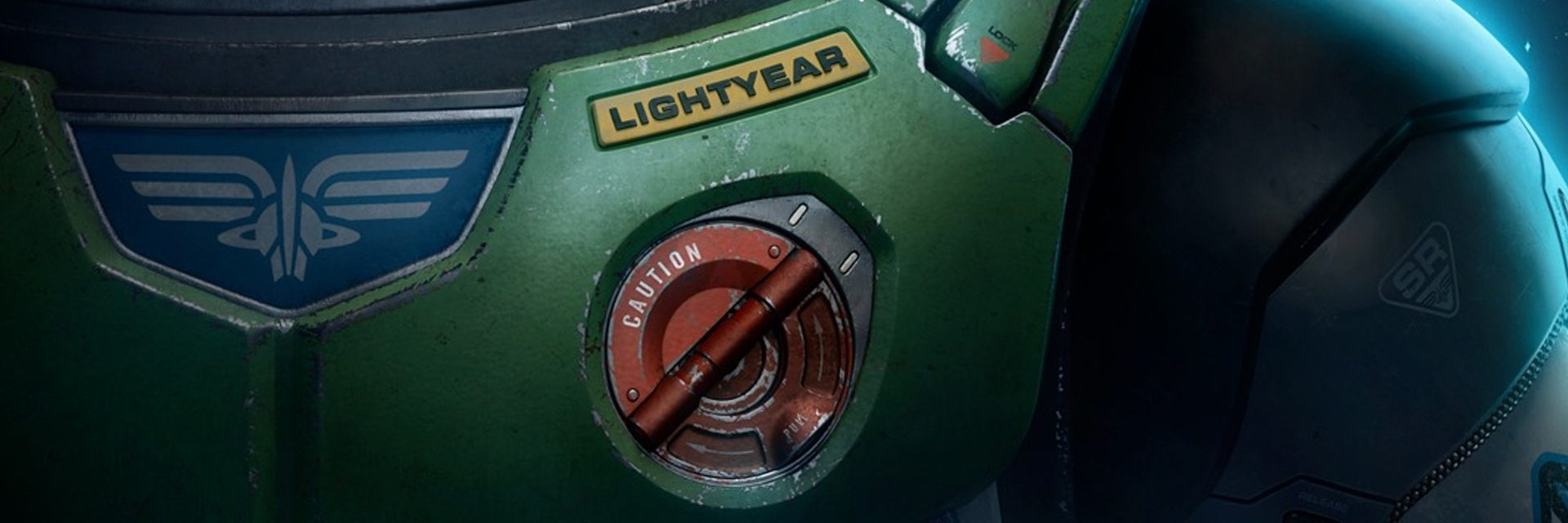The tentpole biopic and second major World War Two film of 2017, Darkest Hour tells the story of the first month of Winston Churchill Prime Minister-ship, starting with his appointment and ending with the aftermath of the Dunkirk evacuation. Part political drama and part tributary portrait, the film attempts to condense one of the most intense moments of the pre-war period into a clean, two hour presentation, and it does so with varying levels of effectiveness. Gary Oldman’s performance as Winston Churchill is fantastic, and he again showcases his rare ability not just to transform himself for a role but to make the role suit him just as well as he suits it. Director Joe Wright, who also directed the beautifully nuanced Atonement, understands what the major historical points are, but has difficulties in applying the proper amount of focus to each one, resulting in a film that whilst occasional strongly composed, is often uneven and lacking gravitas.
The camerawork is the most prominent failure in the film’s execution. Wright’s constantly panning camera style proved incredibly effective in showcasing the open settings of Atonement and Pride and Prejudice, but with Darkest Hour consisting nearly entirely of tight close ups in even tighter corridors, the constant movement makes it difficult to focus on the expression of the actors. Oldman comes through unscathed, mostly due to the animated nature of Churchill”s character, but others are not so lucky. Actors Stephen Dillane and Ronald Pickup play stiff and quiet characters who are vital to the plot, but all too often they seem of little concern as a part from a few precious moments with Dillane the camera rarely stops to focus on them, resulting in antagonists who seem toothless and unimportant.
That’s the second major problem with the film; with it’s incredibly limited time frame and historical focus it fails to properly formulate a story with any sense of urgency or uncertainty. It’s obvious from the way the film is paced, with a rapid first and third act but a decidedly sluggish period of exposition in the middle, that a positive end is in sight. There are some genuinely precarious and provoking scenes throughout the film, and it’s in these moments where everything calms down that the heart of the film and the soul of Oldman’s performance shine through. Despite it’s tonal issues, it’s an expressively honest film in regards to character, and whilst the analysis of Churchill is limited it’s presently effectively and of having great consequence.
The second act is quite dull, and the film seems to repeat itself for a good forty five minutes of it’s runtime, but it never descends into complete boredom. As well as that it looks quite dull, and whilst Oldman’s makeup is impressive the rest of the film has a flat HD look that results in visuals that feel cheap and at times lifeless.The only real reason to see the film is for the acting, but in all honesty that is quite a good reason. Apart from Oldman’s stellar performance, the supporting cast are superbly strong, especially Stephen Dillane, Kristin Scott Thomas, and particularly Ben Mendelsohn’s turn as King George VI. Darkest Hour is by no means an incredibly expressive or emotional film, and at times it feels downright hackneyed, but when it gets something right it’s a pointed and personal look at one of modern history’s most celebrated figures.
★★1/2





